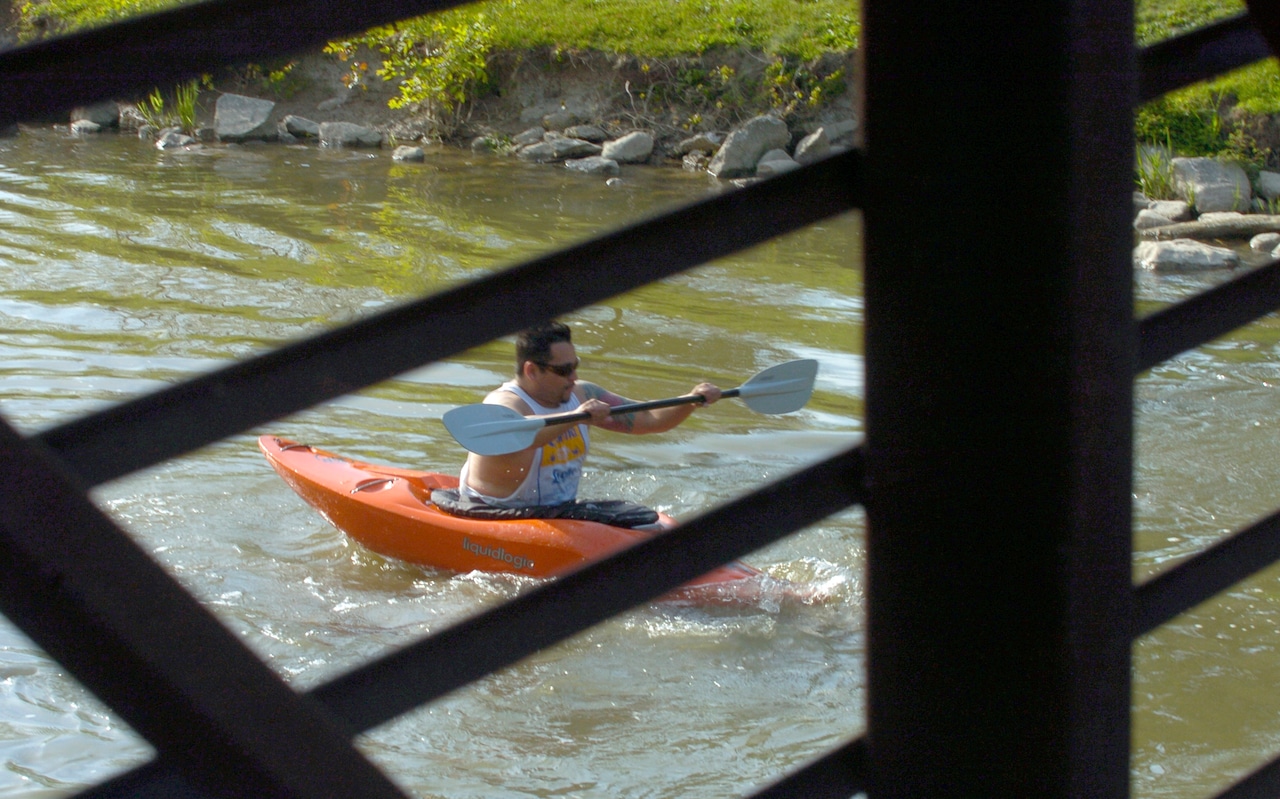Copyright newsday

ALBERTO PACHECO CAPELLA TODAY, October 24, marks United Nations Day, our 80th anniversary under the theme The Future We Want: The UN We Need: Reaffirming Our Collective Commitment to Multilateralism. It is a moment not only to celebrate the United Nations’ enduring vision, but also to renew our commitment to human rights, sustainable development and collective action. For the wider Caribbean, this year’s UN Day carries special resonance as we reflect on the powerful new compact forged recently in Kingston, Jamaica, at the Eighteenth Meeting of the Contracting Parties (COP18) to the Cartagena Convention held from October 13-16. The resounding message from these vital negotiations – attended by over 80 delegates from 20 nations and 15 observer groups including the youth – was clear: the health of the Caribbean Sea is inseparable from the livelihood and identity of the Caribbean people. United action for a resilient Caribbean Sea is no longer optional – it is imperative. COP18 was historic. For the first time, the main convention meeting was held concurrently with the Conferences of the Parties to its two protocols: the Specially Protected Areas and Wildlife (SPAW) and the Land-Based Sources of Marine Pollution. This integrated approach transformed what could have been three separate discussions into a single, coherent agenda for action. It allowed countries to address cross-cutting issues, from pollution control to species protection and coral reef restoration, in a unified framework. The result was not just synergy, but a clear demonstration that our collective action is far greater than the sum of its parts. The decisions taken in Kingston are forward-looking and transformative. They align closely with the recently endorsed Regional Seas Strategic Direction (RSSD) for 2026-2029, anchored in a bold vision: healthy, productive marine and coastal ecosystems that drive a sustainable ocean economy, support human well-being, and confront the interconnected crises of biodiversity loss, pollution, and climate change. The Caribbean’s workplan and budget for 2026-2027 are now operationalised under the RSSD's three central goals: Goal I: Secure biologically diverse, productive, and climate-resilient marine and coastal ecosystems. The approval of the action plan on sargassum inundation and the request to develop conservation management plans for species like the silky shark and the oceanic whitetip shark are concrete steps toward that end. Goal II: Support knowledge management and science-policy dialogue. Goal III: Elevate the global profile of the regional seas programme through outreach, advocacy, and partnerships, amplified through a new knowledge management strategy and resource mobilisation strategy. These commitments are not abstract – they translate directly into stronger regional partnerships. Collaboration with the International Maritime Organization (IMO) on oil-spill response through RAC/REMPEITIC, the Neotropical Songbirds Collaborative Group, and the Caribbean Wildlife Enforcement Network exemplifies how science and solidarity can drive real results on the ground and at sea. But let us be candid: time is not on our side. Reports presented in Kingston showed that the region’s vital ecosystems are under severe strain. The Caribbean’s coral reefs, the biological engines of our tourism and fisheries sectors, are facing unprecedented heat stress and disease outbreaks. Mass bleaching events, driven by rising ocean temperatures and acidification, threaten not only biodiversity, but livelihoods. That is why the COP’s decisions, strengthening national coastal frameworks, advancing restoration, and approving species management plans, represent a turning point from passive defence to active restoration. I commend the remarkable spirit of collaboration shown by all delegates in Kingston. Despite the complexity of regional negotiations, countries reached consensus on a robust workplan and budget, advanced the Regional Action Plan on Marine Litter, and strengthened the SPAW network of protected areas. These outcomes are not bureaucratic exercises, hammered out through partnerships, they directly affect the millions who depend on healthy coasts for food, shelter, and opportunity. As we mark UN Day, let the spirit of COP18 in Kingston serve as a beacon. The path ahead requires sustained effort, and stronger partnerships – translating these regional commitments into local actions, empowering scientists, working closely with donors and communities. The Caribbean Sea is not just a body of water; it is the lifeblood of the region. Through the Cartagena Convention, we have reaffirmed our solemn, shared duty to protect, restore, and sustain this sea for generations to come. Alberto Pacheco Capella is the head of the Regional Seas Programme of the United Nations Environment Programme



